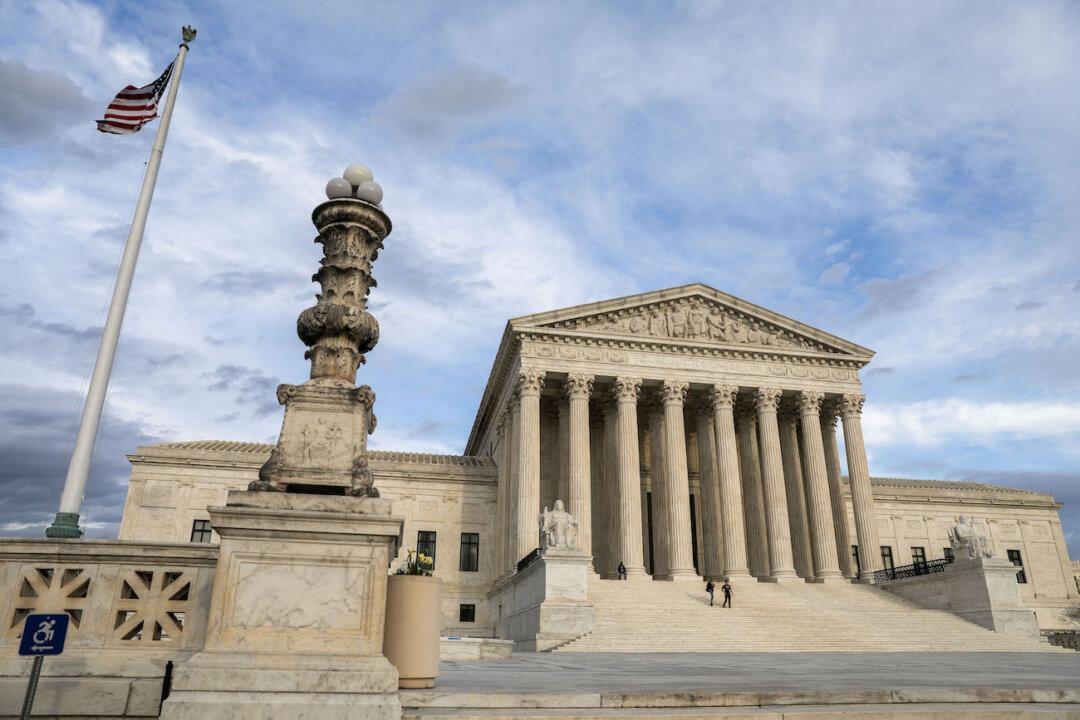A financial advisory firm told the Supreme Court it should rein in the ability of the Internal Revenue Service to invoke a federal law to preempt legal challenges to regulations it issues.
If the company prevails in the high court, it could open the door to more taxpayers challenging how the IRS deals with tax shelters, a move that could make it more difficult for the tax agency to do business.





